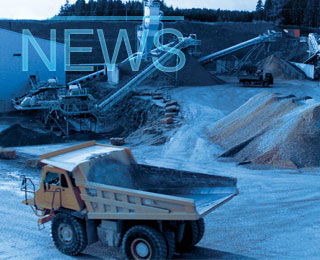The Department of Trade abnd Industry (DTI) has warned cement manufacturers in Cebu to price their products more reasonably or face intervention by the agency. DTI Secretary Cesar Purisima himself found out that cement price in Manila is lower than in Cebu and Davao where the plants are located. Earlier, Cebu Gov. Pablo Garcia accused multinational cement firms of operating as a ’cartel," controlling the prices of cement and keeping these up in order to earn more profit. Garcia said the cartel also affected the implementation of government infrastructure projects and low cost housing programs.
In April 2003 yet, Garcia complained that in Cebu, the price has always been higher compared to other provinces even if two cement manufacturing firms operate in Naga and San Fernando towns. Last November, Cemex Philippines, one of the biggest cement factories in the country, offered prices that were cheaper by P8-P10 per bag. But since then, the price of cement has consistently increased from P105 per bag to the current P132 (US$2.34) per bag.
Purisima said that when he went to Davao recently, the price of cement there was P131 per bag, while this is only P113 per bag in Manila. He added that if cement manufacturers continue to "misbehave," DTI will reduce the tariff on importation, and reduce the inspection period of cement firms, thus making it easier to bring in imported cement as competition. Purisima said cement importers may be encouraged to import if DTI abolishes the tariff.
In 2000, when businessmen were allowed to import cement without having to pay tariff, the price of cement from Indonesia was P55 per bag then.
Cement price ballooned to P115 per bag in 2001 after the DTI secretary Mar Roxas ordered the imposition of a 20 percent tariff and the strict regulation of cement importation. Garcia said Cebuanos must enjoy cheaper cement because they are the ones who bear with the pollution brought about by the manufacturing of cement.
